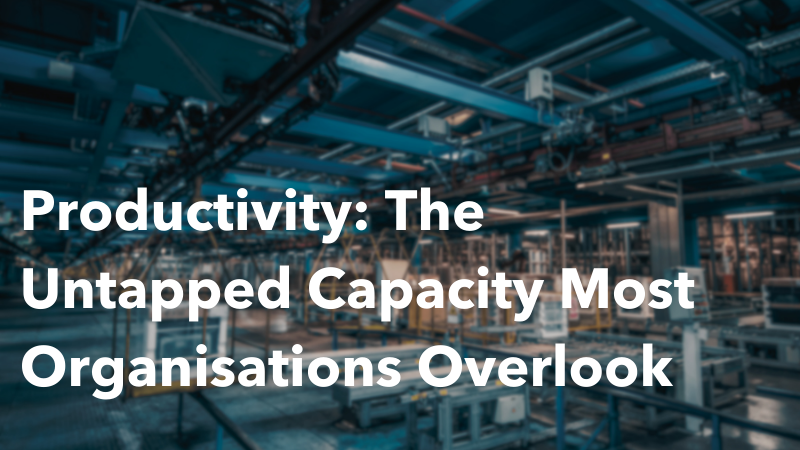Drastically Reducing Credit Notes for a Leading Logistics Supplier
From 300+ errors a month to fewer than 50 with sustained improvement
The Challenge
A major Australian cold-chain logistics provider was facing a silent drain on performance.
More than one-third of total effort in its Order-to-Cash process was being consumed by “Noise” — unnecessary rework, corrections, and manual fixes.
The result?
Over 300 credit notes issued every month
Delays in billing and cash flow
Strained customer relationships
Low visibility of where errors were originating
This was not about poor people. It was about a fragmented process that allowed small mistakes to multiply.
The Approach
XeP3 was engaged to identify and remove the sources of “Noise”, not just the symptoms.
Diagnose the system, not the people, Mapped the entire Order-to-Cash process and quantified wasted effort at every stage.
Fix root causes, not surface issues
Introduced validation checks at order capture
Simplified approval flows and clarified roles
Strengthened data consistency and accountability
Build behaviour into the system
Set measurable “behavioural indicators” (e.g. discrepancies caught early)
Created simple dashboards for visibility and ownership
Embedded ongoing review cycles to keep improvements on track
The Results
In addressing this Noise, the supplier was able to sustainably reduce the number of credit notes issued from 300+ to less than 50 per month.
Within months, the difference was clear:
Credit notes fell from 300+ per month to fewer than 50 (include image)
“Noise” across the end-to-end process was reduced.
Teams began using data to self-correct before problems reached customers
The results were sustained, not one-off wins
“The turning point wasn’t technology. It was finally being able to see where the real problems lived”
The supplier sustained their success by monitoring and measuring these key behavioural change indicators as they implemented the change
Every credit note represents lost time, lost cash flow, and a lost moment of trust.
By making process performance visible and behaviour measurable, this organisation turned hidden inefficiencies into a competitive advantage.







